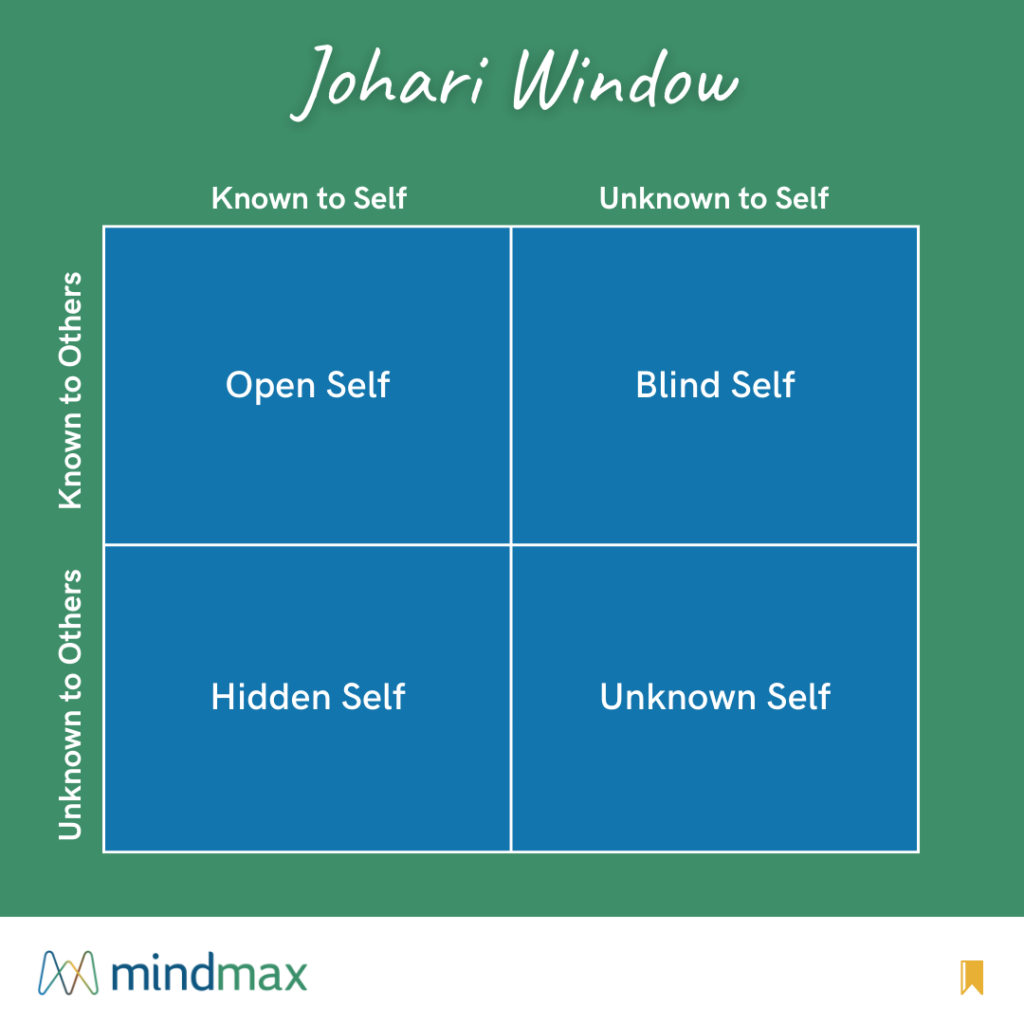How Can Higher Ed Earn Back Trust?

How Can Higher Ed Earn Back Trust?
Are you familiar with the Johari window?
Developed by psychologists Joseph Luft and Harrington Ingham, the Johari window is a visual framework designed to help individuals enhance their understanding of themselves and how others perceive them.
There are four quadrants, as illustrated by this image:

From a personal growth standpoint, the goal is to expand the Open Self box and make the unknown self more known. There are two ways to do that: 1) reducing the size of the Hidden Self quadrant and 2) reducing the size of the Blind Self quadrant.
A positive outcome of expanding the Open Self quadrant is building trust with those around you.
Trust—or, more accurately, distrust—is a big topic of conversation in higher education news. Whether higher ed institutions want to acknowledge it or not, they have lost the trust of individuals, communities, and the general public in recent years. A recent survey from the Wall Street Journal revealed that “56% of Americans say earning a four-year degree isn’t worth the cost.”
For colleges and universities to survive this difficult period, they must be willing to “know thyself” in ways they haven’t previously. This requires some potentially uncomfortable explorations into their Hidden Self and Blind Self.
How Higher Ed Can Open the Hidden Self
It’s no secret that higher education is rife with opacity. Look no further than the admissions process for an example of this truth: the “magic” used to decide whether to admit an applicant is one of higher ed’s biggest hurdles to genuine trust. Even physical campuses often appear hidden from the community at large.
Let’s examine a couple of ways colleges and universities can open their Hidden Self:
Demystifying online education
There is a notable lack of information about what students can expect from online courses. And from a higher education marketing perspective, closing this gap is low-hanging fruit. In 30-second videos, schools can provide an overview or demo of a course, allowing prospective students to preview the experience.
Facilitating difficult conversations
There is such a steep political divide in our country right now that it has become increasingly difficult for people with opposing viewpoints to come together in civil conversation. One of the most powerful steps a school can take is leveraging their campus as a safe learning space to facilitate these discussions.
How Higher Ed Can Open the Blind Self
The Blind Self is the most challenging quadrant of the Johari window to address—on a personal level and in the context of higher education. While opening the Hidden Self requires transparency and vulnerability, opening the Blind Self requires a willingness to be receptive to potentially unsavory parts of one’s behavior, personality, and identity.
Of course, that’s where tremendous growth is possible.
Higher education institutions have long benefited from providing something of value that people couldn’t get anywhere else: knowledge. They’ve been the exclusive gatekeepers of who has access to knowledge and the tangible result of that knowledge (i.e., a degree).
However, the times they are a’changin’. Nowadays, a person’s first course of action when they don’t know something is to conduct a Google search or watch a video on YouTube or TikTok. With enough diligence, anyone can learn about anything on the internet. They might not think they need to pursue a degree to find the information they seek.
The key takeaway here is that exclusivity is no longer a viable value proposition for colleges and universities. In fact, it has become a significant driver of distrust. Today’s higher education institutions must dig deep to uncover what they have to offer that makes it worth attending their institution or enrolling in a program, then communicate that value in their higher education marketing efforts.
This process involves asking questions like, “What do learners actually want, and how do they want it?” The answers to these questions might be hard for schools to hear, but being receptive to those answers is crucial to opening up the Blind Self and earning back trust.
Listen first—then take action
It’s important to acknowledge that admitting to an uncomfortable truth isn’t the same as taking action.
I used to run seminars for teachers and corporate trainers, and in those seminars, I would ask the question: “How many of you are not great at math?” Half the hands would go up. Then I would ask: “How many of you can’t read?” No hands went up. That’s because it has become acceptable for adults to claim they aren’t good at math.
I share this example to illustrate a larger point: some truths in life are acknowledged but remain unaddressed because they aren’t considered a priority. In higher education, many schools may openly admit that their Bursar’s office function needs improvement, for example, but they have no actual plans to improve it.
Listening to gain better awareness of the Blind Self is an essential first step. However, it must be followed up with action. Not every action item can be a top priority—of course—but as student experience becomes an increasingly important differentiator, schools will benefit from figuring out what they can do to improve that experience and taking action.
How Schools Can Ask Questions and Start Earning Back Trust
There are many opportunities for colleges and universities to begin asking questions and earning back trust from individuals, communities, and the general public.
To earn back the trust of potential students, schools can run focus groups with current students and administer surveys at different points of the enrollment process to learn how to improve the student experience.
To earn back the trust of communities, schools can run town hall-style meetings in the community and on campus.
To earn back the trust of organizations and build successful corporate partnerships, schools can hold meetings to learn what organizations want from a partnership, leverage advisory boards, and be willing to adapt accordingly.
These are just a few of many examples. What are some ways your school is working to earn back trust? I’d love to hear from you and continue this vital conversation.